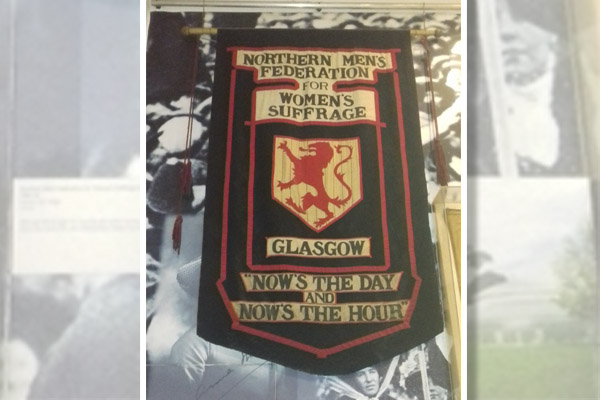A Good Ear For Dialogue

I don’t know about you, but I’m a big fan of stories with good dialogue. Dialogue which is believable, helping shape a character in the reader’s mind, is an essential part of effective storytelling. On the other hand, a poor choice of dialogue can quickly turn the reader off a character and, in most instances, the story as a whole.
You are unique, so make your characters unique by the things they say. Simply put, give them a personality. No-one want to read monotone phrases – give your characters a heartbeat and let them express themselves.
A Pirate’s Life
If you colourfully describe a swashbuckling pirate on the page, then give him (or her) a personality that will demand the reader’s attention. So that means not using stereotypical characters or hackneyed phrases such as “Arr” or “Shiver me timbers”.
Your feelings, too, will have a big part to play in writing effective dialogue. We’ve all been happy and sad in our lives, and most of us have fallen in love, so the simple thing is to draw on real life experiences, giving characters’ words which matter to you.
It doesn’t matter if the characters featured in a story are far removed from your own life. Research helps with characters’ backgrounds if it’s unfamiliar territory you are writing about. After that, whether your character is a pirate, doctor or politician, tune your imagination into the conversations surrounding you every day.
Some stories we receive on the Fiction Team contain too much dialogue and read like soapbox speeches. Others can comprise of comedy sketch conversations, where the reader is waiting for the punchline. Of course there are times for detailed conversations, which help develop characterisation. And at other times humour can suit the story occasion, especially if it counters a sombre story theme.
But as with most good writing, less is more. “Show, Don’t Tell” works hand in hand with effective dialogue. If one of your characters utters the words, “I love you.” Then the reader will reply, “Show me…”










